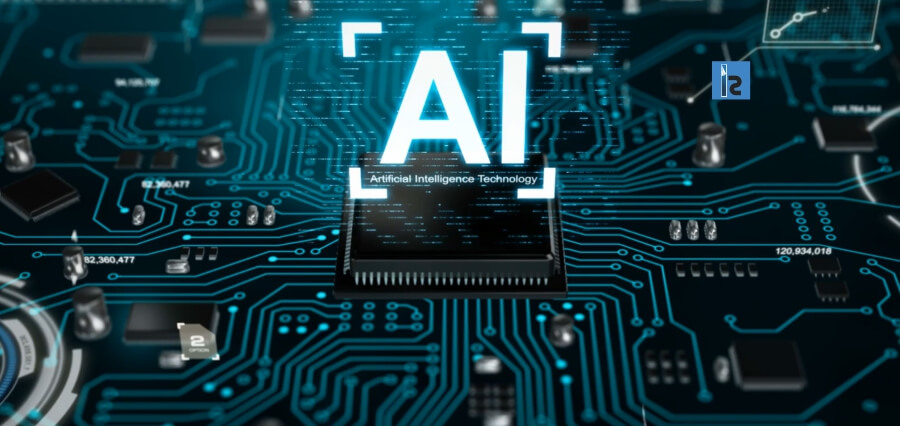According to LinkedIn’s recent Future of Work report, Singapore leads the world in the rapid adoption of artificial intelligence (AI) skills among its workforce. The country’s “diffusion rate” of AI skills, which measures the percentage of LinkedIn members adding AI skills to their profiles, has grown 20 times since January 2016, significantly higher than the global average of eight times. The report attributes Singapore’s success to its robust digital infrastructure, strong intellectual property protection, and a thriving ecosystem of venture capital firms that support AI development.
Generative AI skills are driving this growth, with skills related to question-answering, classification, and recommender systems experiencing substantial increases in member profiles. LinkedIn itself, owned by Microsoft, has introduced AI-generated features for creating recruiter messages, job descriptions, and user profiles.
While concerns about AI potentially replacing jobs persist, the report highlights that AI is more likely to augment human roles rather than replace them entirely. The report identifies certain professions where a portion of skills can be potentially aided by generative AI. For example, 45% of teaching skills could be augmented by AI, particularly in areas like lesson planning and curriculum development. However, tasks requiring human touch, such as classroom management and special education, remain vital and non-replaceable by AI.
The evolving landscape of work underscores the growing importance of soft skills such as creative thinking, leadership, communication, and ethical decision-making. As AI automates certain tasks, these human-centric skills become even more essential. Microsoft’s Work Trend Index report also emphasizes the significance of analytical judgment, flexibility, and emotional intelligence in the future workforce. Ultimately, while AI technology advances, humans retain control and agency in deciding when and how to leverage AI capabilities, which underscores the enduring value of human judgment and emotional intelligence in the era of AI-augmented work.


